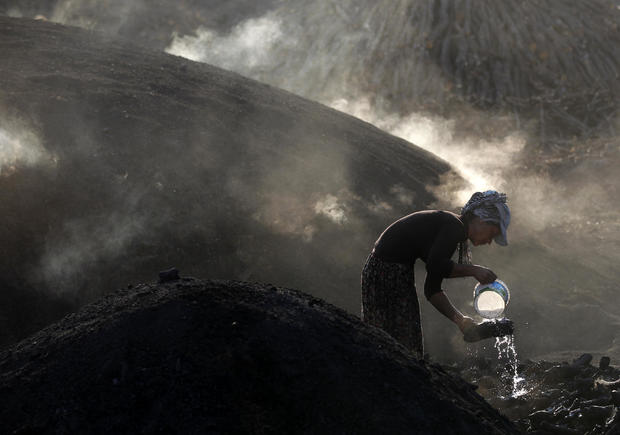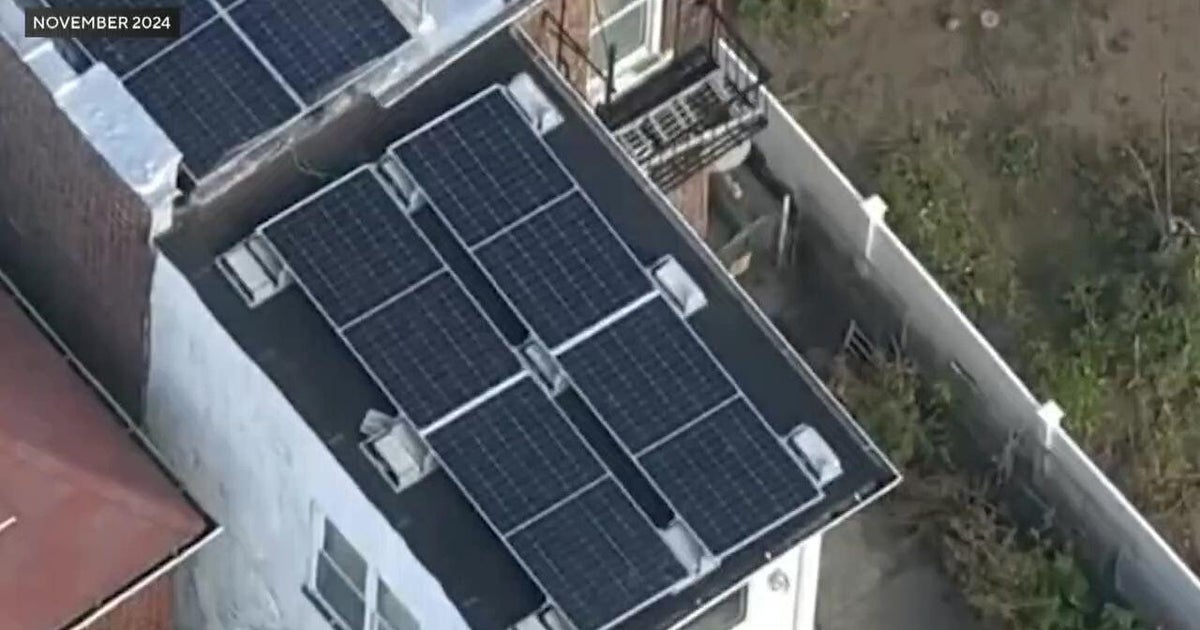How stoves can help solve a global pollution crisis
When the governments of wealthy countries talk about emissions, the discussion tends to focus on outdoor air pollution from car exhaust or industrial processes.
But for many people in developing countries, the biggest exposure to pollution happens inside their homes. Some 3 billion people worldwide depend on solid fuel -- often wood, charcoal or dung -- for heat and light. That's a death sentence for many because inhaling the tiny particles created when these fuels burn is damaging to the lungs.
Dirty air, besides contributing to global warming, leads to 4 million deaths per year, according to the World Health Organization. That's about 1 millions deaths in China, 600,000 in India and 140,000 in Russia in 2012 alone.
Catlin Powers, a climate-change researcher, came face to face with this reality when she was working on a project in the Himalayas. In the middle of the clean mountain air, nomadic families lived in homes that were filled with smoke from cooking fuel.
"This air was 10 times worse than Beijing," said Powers. She was so moved by this that she ended up changing careers and focusing on the creation of a fuel-efficient stove. Many years and 58 prototypes later, she has one, called SolSource.
The futuristic-looking machine -- it's a shiny, inverted dome -- got some attention two years ago with a shoutout on a "Top Chef" cooking show episode. It has since received many glowing reviews on cooking blogs and in the environmental press.
Here's how it works: Sunlight reflects off the inside of the dome and concentrates in a single point, which heats up to over 700 degrees Fahrenheit. That's far hotter than needed for cooking, so the device has a bracket a few inches above that point that can hold a skillet, pot, griddle or baking dish where it can reach about 400 degrees.
A number of solar cooker models are on the market, including solar ovens, which enclose heat to bake products and one solar stove made from a repurposed vacuum tube. What's different about Powers' model is its efficiency. It reaches full heat in seconds, and it can collect and store more energy than a Western household would use in a single day.
"It's eight times more efficient than a solar panel," said Daniel Epstein, CEO of Unreasonable Group, which has invested in Powers' company, One Earth Designs.
But at $500 apiece, SolSource isn't cheap, even for those looking to replace a high-end grill. It's a one-time investment because the cooker never needs fuel, and Powers said it lasts a decade. But it's still a tremendous outlay for people who are living on less than $2.50 a day.
Powers defends the price, saying the company's initial strategy -- to make a cheaper stove that was less efficient -- didn't go over well with their target customers. "People are willing to pay for products that perform," she said, "even if that means paying for multiple months until they own it, a rent-to-own," or using other methods, like barter.
So One Earth Designs uses a number of financing methods to try to make its stoves accessible to poor people, including installment payment plans and accepting goods besides cash. It has also created a storage battery, Powers said, which would allow the cooker to be moved indoors and be used to power other devices.
Powers wanted to make the cooker functional in the harshest conditions, which means it's also lightweight, sturdy and wind-resistant. A newer model designed specifically for camping is collapsible, weighs just 10 pounds and costs half the price.
It's an open question whether a market-based approach can reach the scale needed to effectively address the problem. Government funding, which is essential for many people to afford cleaner technologies and fuels, tends to bypass decentralized solutions like household solar in favor of connecting people to the existing electric grid.
But moving away from hazardous fuels like charcoal and wood is essential not just for public health but for growth. The current state of affairs prevents many women from fully participating in society because they spend much of their time gathering fuel and cooking -- while also suffering a disproportionate share of the health impact.




